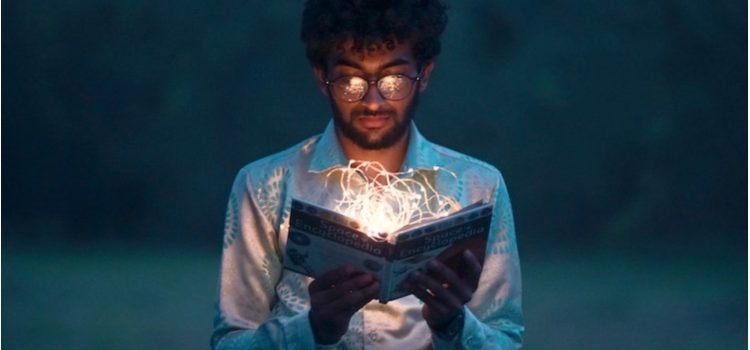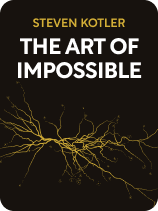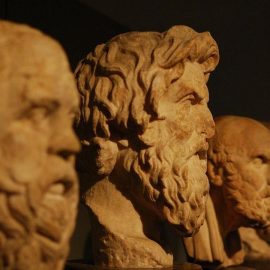

This article is an excerpt from the Shortform book guide to "The Art of Impossible" by Steven Kotler. Shortform has the world's best summaries and analyses of books you should be reading.
Like this article? Sign up for a free trial here .
Want to know how to expand your knowledge? What are the benefits of regularly learning new things?
Steven Kotler is a bestselling author and award-winning journalist who wrote The Art of Impossible after studying how elite performers achieve extremely difficult goals. To help you expand your knowledge quicker, Kotler reveals the secret habits of elite performers and why they obtain success more often.
Read on to learn Kotler’s 25-minute method for expanding your knowledge through a daily routine.
Expand Your Knowledge: The 25-Minute Method
Want to learn how to expand your knowledge? Steven Kotler claims that regularly learning new things encourages your brain to form connections between different ideas. Expanding your knowledge improves your problem-solving skills and your ability to come up with creative ideas. Further, the process of learning boosts levels of dopamine and norepinephrine in your system, making it easier to practice full engagement and build momentum toward your goal.
- In addition to your scheduled 90 minutes of uninterrupted time for task completion, spend 25 minutes a day expanding your knowledge of new concepts or improving your skills. This could include reading about new topics, improving your areas of weakness, or practicing new skills.
If you’re not sure how to use your 25 minutes to effectively expand your knowledge and skills, consider adopting the following two methods.
Process #1
According to Jim Kwik (Limitless), you’re more likely to retain the information you learn and expand your knowledge if you take effective notes. He provides a three-step process to expand your knowledge:
- Before you start a learning session (for example, reading or watching a presentation), ask yourself what you’re specifically hoping to learn from it.
- Keeping your goal for the session in mind, filter through the information you’re getting, and write down only what’s relevant to that goal.
- Once your session is complete, highlight the most valuable information and make an outline of the key points.
Process #2
Angela Duckworth (Grit) argues that you’re more likely to stretch your skill set if you break each skill down into different components and focus on mastering one component at a time. She provides a four-step process to expand your knowledge of new skills:
- Focus on a specific component of the skill you want to improve or learn. For example, if your goal is to learn how to play guitar, focus on mastering a single chord. Give that specific component your undivided attention.
- Once you think you’ve mastered that component, ask others to evaluate your progress. Pay more attention to what you did wrong than what you did right.
- Reflect on the feedback you received and continue to give that single component your undivided attention until you master it.
- Repeat the process until you’ve mastered all of the different components of your chosen skill.

———End of Preview———
Like what you just read? Read the rest of the world's best book summary and analysis of Steven Kotler's "The Art of Impossible" at Shortform .
Here's what you'll find in our full The Art of Impossible summary :
- A look at how some people can achieve seemingly impossible feats
- How to make your dreams more attainable
- A step-by-step process for developing peak performance habits






